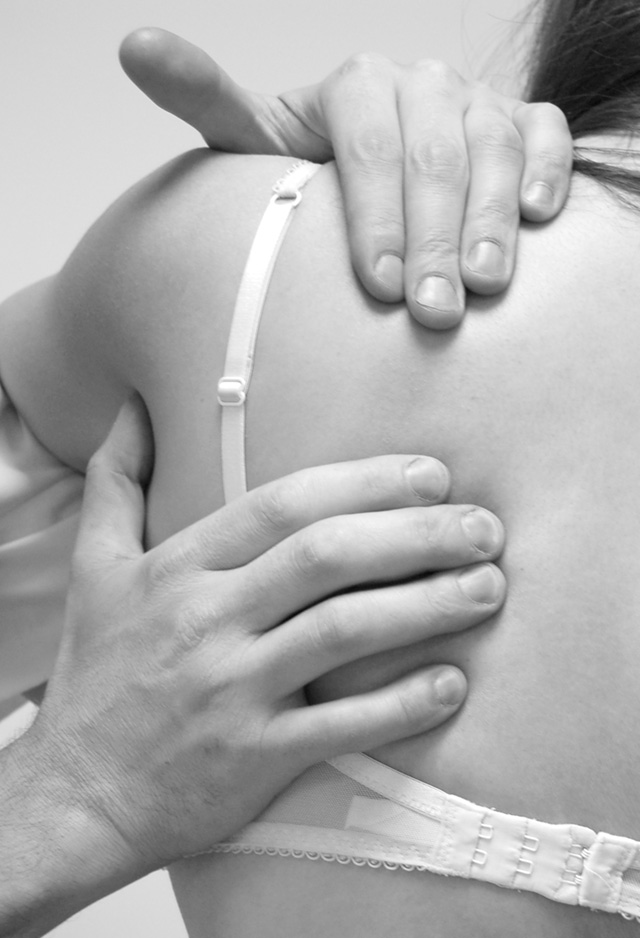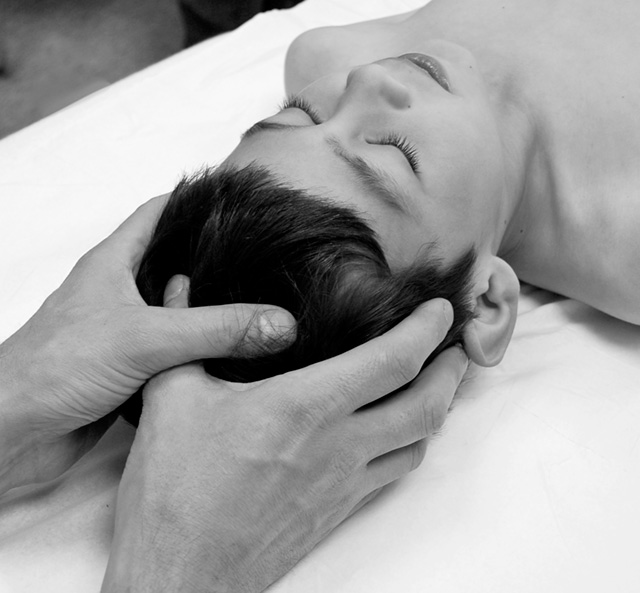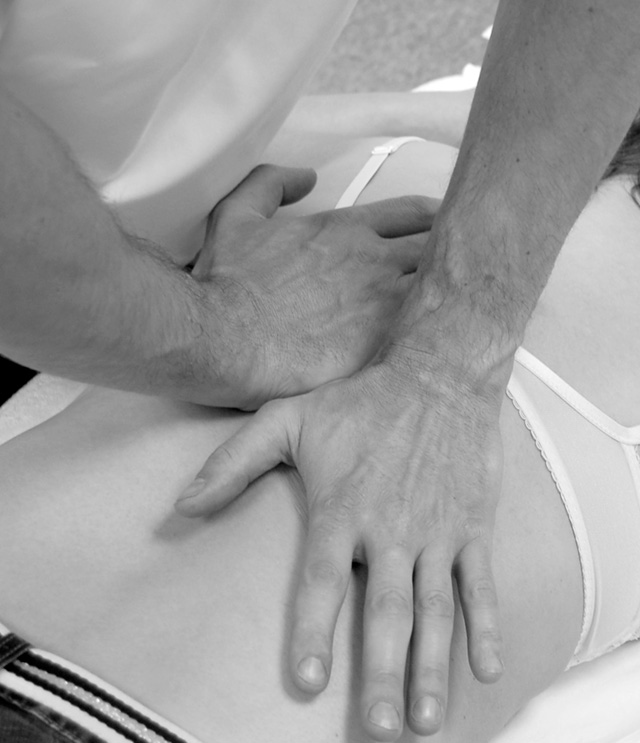Osteopathy is a regulated healthcare profession that specialises in the treatment of musculo-skeletal conditions. Our medical training enables us to differentiate between conditions we can treat and those that require referral or investigation.
Compelling medical evidence has recognised that the following conditions are successfully treated with osteopathy. If you are suffering from a condition not listed here, please contact us for further advice.
 For Adults
For Adults
- Lower back pain and sciatica
- Neck and shoulder pain
- Temporomandibular (jaw) pain
- Mid-back and rib pain
- Rotator cuff tendonitis
- Nerve pain (trapped nerves)
- Hip and knee pain
- Sport and work related injuries
- Osteoarthritic pain
- Small joint pain (hands and wrists)
- Stress and tension relief
 For children and babies
For children and babies
There is a powerful consensus that osteopathy (including cranial techniques) can have profound benefits for babies. Parents report that following osteopathic treatment their babies are more content, sleep better and have an improvement in digestive symptoms. Call in person or by telephone for advice on osteopathic treatment for your child.
Lumbar disc injuries
The discs lie between the vertebrae and are commonly injured. The dense fibrous outer layer surrounds a jelly-like core called the nucleus. The discs are designed to be compressed top to bottom, if you twist or bend to the side and add compression, the edge rather than middle of the disc is squeezed.
 If a disc is strained the outer fibres become inflamed. If more fibres are damaged the nucleus can begin to bulge out. If the disc tears the nucleus will squeeze out like toothpaste, this is known as a ruptured, prolapsed, herniated or slipped disc. Disc prolapses are much rarer than disc bulges and sometimes require surgery.
If a disc is strained the outer fibres become inflamed. If more fibres are damaged the nucleus can begin to bulge out. If the disc tears the nucleus will squeeze out like toothpaste, this is known as a ruptured, prolapsed, herniated or slipped disc. Disc prolapses are much rarer than disc bulges and sometimes require surgery.
Even a minor disc (or sometimes deep muscle) injury can cause sciatica because inflammation puts pressure onto nerves exiting the spine. A bulge or rupture directly compressing the lumbar nerve roots causes back pain, tingling, muscle spasm and sciatica – a shooting, burning pain or deep ache in the buttock and back of one leg.
You can help yourself by applying ice packs and anti-inflammatory gel to your lower back. Osteopaths are trained to diagnose the nature of a disc injury and to treat or refer for additional investigations if necessary. In most cases patients respond well. Osteopathic treatment reduces local muscle tightness and inflammation. This allows the body to return to more normal movement and takes pressure off the disc and nerves. Pain is reduced while the body is able to heal.
If in addition to the back and leg pain you are also suffering from extreme leg muscle weakness, numbness of the legs and pelvis or bowel/bladder incontinence go to your GP or hospital.
